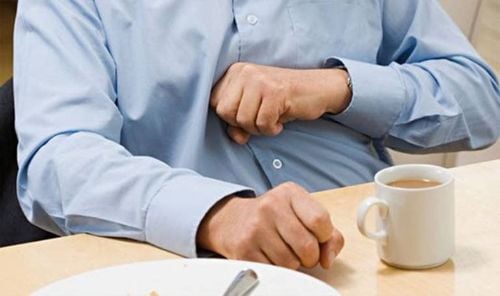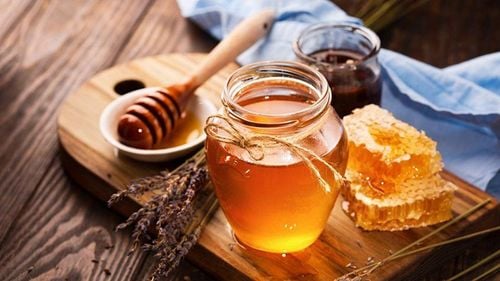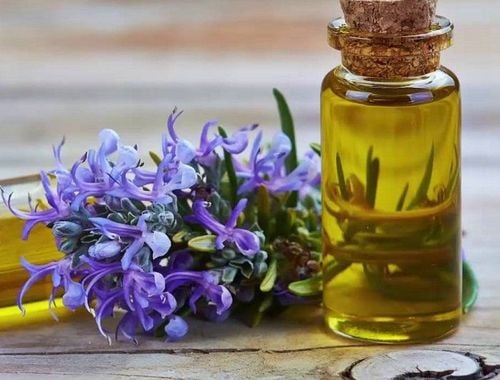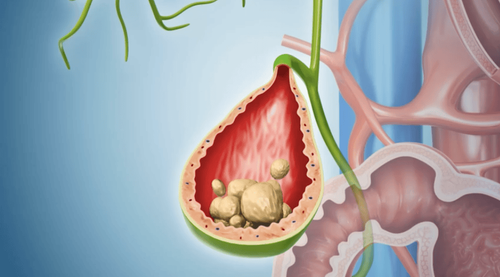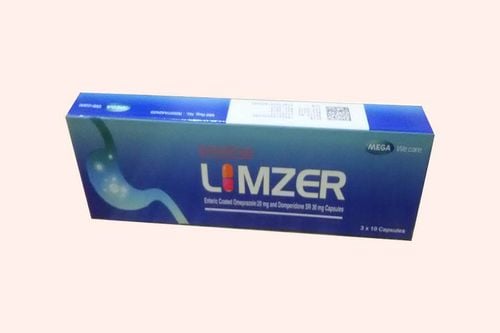Bile is a digestive fluid produced by the liver to aid in fat digestion and nutrient absorption. When the body cannot properly reabsorb bile, it can lead to conditions such as bile reflux. Following a bile reflux diet can help reduce symptoms and improve the patient’s quality of life.
1. What is Bile Reflux?
Bile reflux, also known as duodenogastric reflux, occurs when bile—a digestive fluid produced in the liver—flows backward from the small intestine into the stomach and sometimes into the esophagus.
Bile is composed of water, cholesterol, bile pigments, and bile salts. Produced by the liver and stored in the gallbladder, bile is released into the duodenum (the upper part of the small intestine) as needed to aid fat digestion. It plays an essential role in fat digestion and the elimination of old red blood cells and toxins from the body.
Bile reflux happens when bile flows upward from the small intestine into the stomach and esophagus, usually due to damage to the pyloric valve. This valve, a ring of muscle separating the stomach and duodenum, may fail to close properly, allowing bile to enter the stomach and cause pain and inflammation.
Bile reflux is sometimes confused with acid reflux because the two conditions share similar symptoms, and bile can irritate the esophageal lining, increasing the risk of esophageal cancer.
Key differences include:
- Acid reflux symptoms: Indigestion, heartburn, stomach pain, painful swallowing, and esophagitis caused by stomach acid flowing into the esophagus.
- Bile reflux symptoms: Heartburn, gastritis, hoarseness, chronic cough, painful swallowing, and esophagitis caused by bile flowing from the gallbladder through the pyloric valve and into the esophagus.
Bile reflux damages the stomach lining, leading to gastritis, which may progress to stomach ulcers, bleeding, and even stomach cancer. In patients with both bile and acid reflux, the combination appears particularly harmful, increasing the risk of esophageal damage, including Barrett's esophagus and esophageal cancer.
Bile reflux often occurs as a complication of surgery, particularly gastric bypass or procedures that damage or replace the pyloric valve. Gallbladder removal surgery (cholecystectomy) is also associated with bile reflux. Without the gallbladder to store bile, the liver releases bile directly into the small intestine, which can overflow into the stomach.
Symptoms of bile reflux can often be alleviated through dietary changes, lifestyle modifications, and medical treatments prescribed by a doctor.
2. Recommended Diet for Bile Reflux
When managing bile reflux, consider the following dietary adjustments:
2.1 Increase Soluble Fiber and Bile-Absorbing Foods
Soluble fiber is essential for healthy digestion, preventing constipation, and promoting overall well-being.
Types of fiber: Soluble and insoluble. Soluble fiber forms a gel during digestion, helping reduce cholesterol levels by absorbing cholesterol and bile in the digestive tract and eliminating them through stool. Increasing soluble fiber intake can help the body remove excess bile and lower cholesterol levels.
Foods rich in bile-absorbing soluble fiber include:
-Fruits
-Vegetables
-Whole grains like oatmeal
-Nuts and seeds
-Legumes such as lentils and beans
Recommended daily fiber intake:
-Women: 22–28g
-Men: 28–34g
2.2 Avoid Fatty Foods
Reducing dietary fat can help lower bile production and lessen the impact of bile reflux. Eating fatty foods signals the gallbladder to release bile into the small intestine, and high-fat meals can also relax the lower esophageal sphincter, slowing stomach emptying.
Avoid:
-Processed meats like sausages
-Red meats
-Fried or fast foods
Opt for healthier, low-fat alternatives:
-Low-fat or fat-free dairy products
-Egg whites instead of whole eggs
-Seafood like crab, shrimp, and light tuna
-Beans, peas, and lentils
-Oatmeal
-Rice or noodles
-Fruits and vegetables
2.3 Eat Smaller Meals
Small meals reduce pressure on the pyloric valve (the sphincter muscle between the stomach base and the upper small intestine) compared to large, heavy meals. Instead of consuming 2–3 large meals, you can divide your daily intake into 5–6 smaller meals, which may help alleviate bile reflux symptoms.
Try splitting your usual portion in half and saving the other half to eat a few hours later.
It is important to chew your food thoroughly, drink non-carbonated water during meals, and either walk or remain upright for at least two hours after eating. Avoid lying down immediately after meals.
2.4 Drink Non-Alcoholic Beverages
-Alcohol can contribute to bile reflux as it relaxes the lower esophageal sphincter, allowing bile and stomach contents to flow back into your esophagus. Reduce alcohol intake as much as possible from your diet and replace it with water or non-citrus juices such as carrot juice or fresh juices made from cucumber, spinach, watermelon, melon, or beetroot.
-Reduce coffee and caffeinated tea consumption.
-Both coffee and some teas (which contain caffeine) relax the lower esophageal sphincter, allowing more bile to reflux. If you cannot completely eliminate coffee or tea, limit yourself to one cup per day.
-Caffeine can affect the lower esophageal sphincter, so opt for decaffeinated coffee or tea.
-Some teas that do not relax the sphincter and exacerbate reflux include chamomile tea, licorice tea, and slippery elm tea. These teas may help soothe bile reflux symptoms. Avoid peppermint tea, as it can worsen bile reflux by relaxing the lower esophageal sphincter.
With a few dietary adjustments, you can significantly improve bile reflux symptoms and bid farewell to any pain or discomfort you may be experiencing. If you suspect that you experience bile reflux frequently, two or more times a week, consult a doctor to receive proper evaluation and treatment.
To arrange an appointment, please call HOTLINE or make your reservation directly HERE. You may also download the MyVinmec app to schedule appointments faster and manage your reservations more conveniently.




